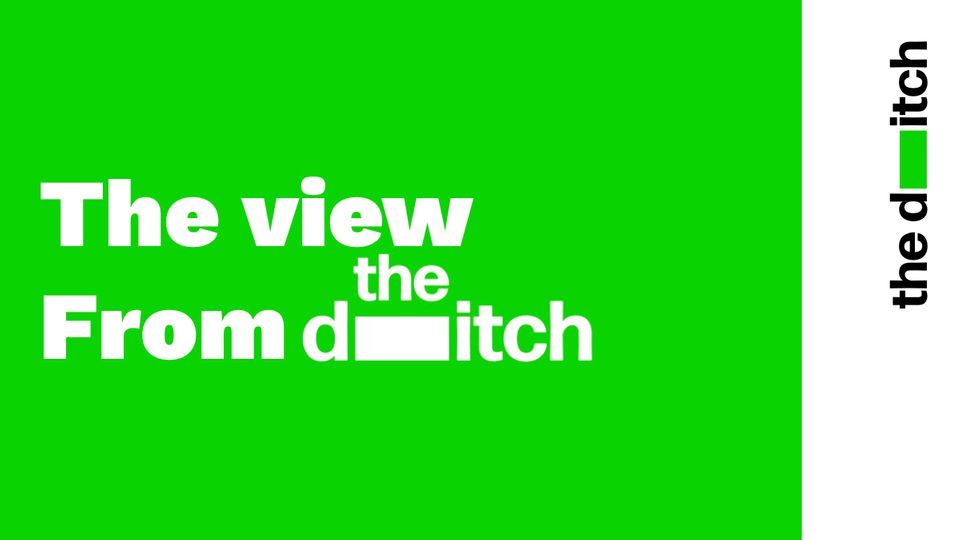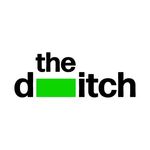Here's how government spins events like Merriongate
Leo Varadkar attended a 50-person outdoor event in Dublin’s Merrion Hotel. This event was permitted, legally, as per the attorney general’s interpretation of the relevant legislation, but depending on whom you ask, the event may have breached public health guidelines.
Varadkar himself told RTÉ the event was "probably not in breach of Fáilte Ireland guidelines", while his party colleague senator Sean Kyne, when it was put to him on Prime Time that guidelines had in fact been breached, admitted, “That’s basically it.”
If there is a general public consensus, the event at the very least broke the spirit of the guidelines, but you won’t get any members of government to admit that on the record.
The uncertainty around guidelines and legislation and which takes precedence, an uncertainty encouraged by government, has proven politically useful both during the pandemic, as well as now, for Merrion Hotel party attendees like Varadkar looking to spin their way from trouble.
The tactic is simple: find whatever grey area you can and embrace it. Here’s how it works.
When The Ditch in April published a story about Micheál Martin in December 2020 attending an indoor event in honour of his late father, held when Ireland was under level-three Covid restrictions, things seemed fairly straightforward. The public health guidelines at the time were straightforward at least: “No organised indoor gatherings should take place.”
An early report of the event however noted: “As a consequence of the Covid-19 restrictions, the numbers attending were drastically reduced to comply with a directive issued by the Department of An Taoiseach.”
A directive.
The Ditch contacted all the relevant parties: the Department of An Taoiseach, a garda who was the event's guest of honour, and the Cork County Boxing Board. Its president, Mick O’Brien, told us the gathering was indeed permitted because of a directive issued by the Department of An Taoiseach.
The Department, having earlier told us that it issues no such directives, failed to respond until the night before we published the story. Over the course of three late-night phone calls on Good Friday, government press secretary and former managing editor of the Sun, Paul Clarkson, explained a statement he was sending on Martin’s behalf.
This is what he sent.
“The Taoiseach visited a community boxing club at the invite of the Cork County Boxing Board, almost four months ago, on December 12, 2020
“Ahead of the meeting, as standard, the department provided a directive to the club, including strict limits on the number of attendees, social distancing, and wearing of masks when not speaking or in photos.
“This was work, and not a personal event.”
When the story was picked up by the Irish Independent, Irish Mail on Sunday, the Mirror and the Journal, Clarkson slightly edited his statement.
“Ahead of the meeting, as standard, guidance was provided to the club, including limiting the number of attendees, social distancing, and wearing of masks when not speaking or in photos. This was work, and not a personal event.”
It’s a small change, but notable nonetheless. Directive was changed to guidance, presumably when Clarkson realised the department wouldn’t be able to produce any such directive. We later put in a freedom of information request to the department for all correspondence between the department and the Cork County Boxing Board, given this was supposedly a "work event", presumably organised through the department.
There was no invitation – or any correspondence – from the Cork County Boxing Board to the Department of An Taoiseach.
We chose not to publish the last line of Clarkson’s statement, “This was work, and not a personal event,” because it just seemed a little ridiculous to us – we were to believe it was a work event, held in Micheál Martin’s father’s old boxing club and involving the presentation of a trophy named after his father.
Right. But that’s how spin works.
Why would you call in the social media censors?
In the weekend’s Sunday Times, communications consultant Colette Sexton wrote about her concerns with online hate. “Why would anyone become a politician these days?” she asked, given the vitriol they face on social media.
She wrote about a recent Facebook post by Micheál Martin of his dog, Setanta, to promote the Dogs Trust’s Dog Friendly Ireland campaign. The post inspired the following comments:
- “Pity Setanta didn’t push you over the edge there you absolute snake. Corrupt bastards like you are a cancerous growth on the good, hard working and ordinary decent people of Ireland.”
- “Someone should put mehole on a leash and drag him from a car.”
- “I’d pay to see him rip your balls off ya despicable creature of a power hungry loser.”
Sexton spent five months as a special adviser to health minister Stephen Donnelly, something The Sunday Times chose not to mention. During Sexton’s time as Donnelly's adviser, she managed to make herself the story after an unfortunate incident at a press conference where she tried to stop attending journalists asking him particular questions. So you’d wonder how exactly she thinks political figures should be held accountable.
Some of the comments posted under Martin’s photo of his dog were of course crude, perhaps unnecessarily so, but Sexton didn’t highlight any direct threats to the taoiseach, nor did any of her examples suggest their authors hold anything approaching the same institutional power as Martin, nominally the most powerful politician in Ireland. She did however end her piece by calling for the Irish government to start "putting pressure" on the likes of Google, Facebook and Twitter to "stop facilitating this abuse".
Why call in the censors?
It can be hard for those in the pro-censorship camp to hear this, but Facebook, Twitter, Instagram and Google are not your friends. Empowering these almost incomprehensibly influential corporations to decide what can and can’t be said is not a good thing.
Sexton came close to getting it. “Instagram,” she wrote, “can act quickly to remove a photo of a female nipple – apparently only female nipples are offensive,” rightly drawing attention to the double standard applied to male and female bodies on social media.
But who applies that double standard? A US tech multinational, in Sexton’s example, Instagram and its parent company, Facebook. Why does she think the answer to her fears about online discourse is to hand more power to unaccountable social media censors?
Some of the players in this debate do however share a certain class interest.
Facebook’s head of public policy in Ireland is Dualta Ó Broin. Before joining Facebook, Ó Broin from 2016 - 2019 was an assistant principal officer in the Department of the Environment, Climate and Communications, serving under both Denis Naughten and Richard Bruton. Facebook’s vice‑president for global affairs is Nick Clegg, former British deputy prime minister. These are the people with whom communications consultants like Sexton want to work to decide what’s acceptable online speech and what isn’t.
Should we want them to?


